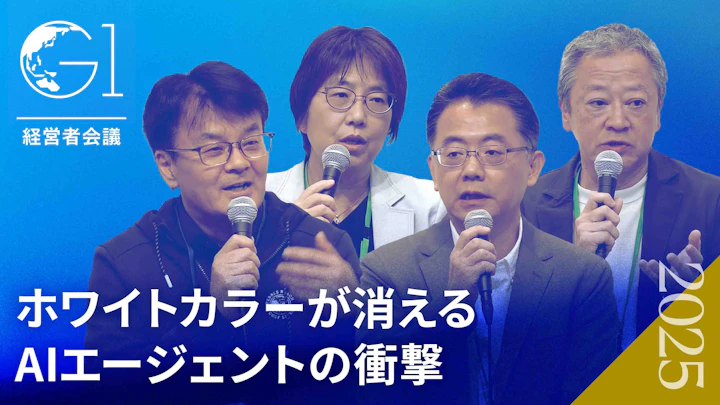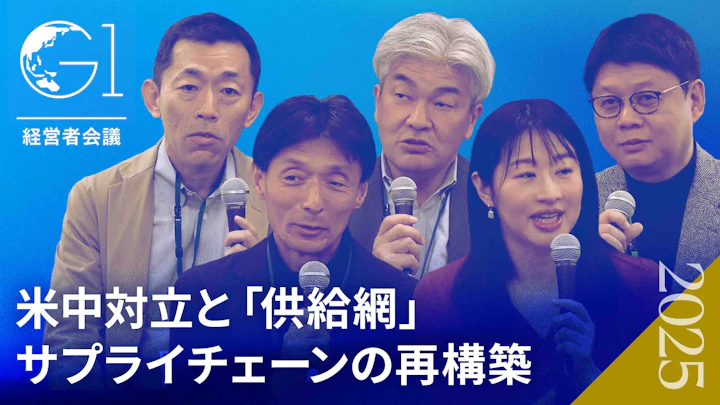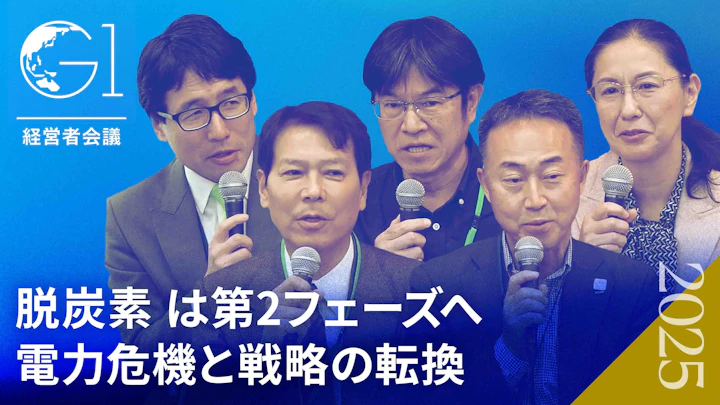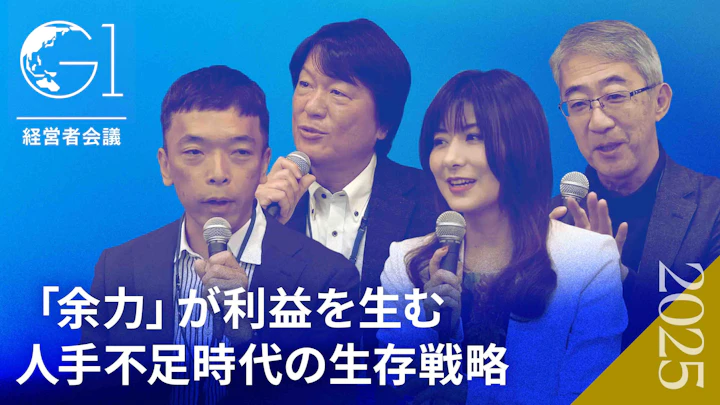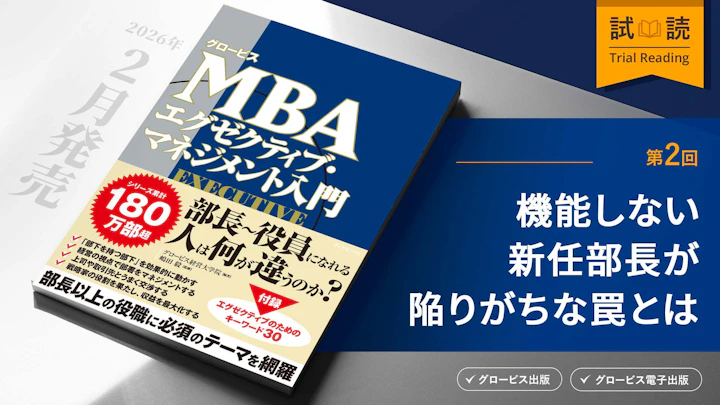今年もG1 Global Conference(G1グローバル)の季節がやってきた。毎年9月から10月は、100%英語でのカンファレンスがグロービスの東京キャンパスで開催される。一昨年に開始して、昨年はWEFと共同で世銀・IMF総会の間に開催した。そして、今回が3回目だ。
前の晩に、G1グローバルのスピーカーを自宅にお招きして、レセプション・パーティを開いた。スピーカーは半分以上が海外からだ。出身国は全部で14カ国、とてもグローバルだ。その夜は、米国、中国、韓国、英国、ドイツ、フランス、ケニア、インド等からの客と多いに盛り上がった。
翌朝9時に、僕のオープニングのスピーチで会議を開始した。G1グローバルは、通訳を一切入れない100%英語で開催されるカンファレンス。僕も当然英語で挨拶をした。そのスピーチメモを下記に紹介する。
Welcome to G1 Global. This is our 3rd annual G1 Global Conference. Last year we held in collaboration with WEF, right after WB/IMF Meeting in Tokyo. This year, we are holding once again at GLOBIS Campus.
G1 stands for "Group of One, Globe is one". It is not G20, G8 or G0, it is “G1".
The concept of G1 started 7 years ago in Dalian. When bunch of Japanese delegates met with Prof. Klaus Schwab and discussed on various issues. I raised one simple question, "Why are there China Summit and India Summit, but not Japan Summit". Prof. Schwab replied with good reasons for not holding the event in Japan, but then, he added. "Why don't you create one". That gave me an inspiration to start G1 Summit.
We initiated G1 Summit in 2009 at Fukushima, then changed the venue every year from Hokkaido, Nagano, Aomori and back in Fukushima this year. The problem of conferences in Japan is always the language. When we do it in Japanese, we tend to exclude others who do not understand Japanese. When we use interpreters, we tend to lose some contents in translation. Therefore, we decided to hold G1 Summit 100% in Japanese, and G1 Global 100% in English. At G1 Global, everybody has to speak in English, not Japanese, Chinese or Korean. Just English.
This year, we have the theme of "Stronger Japan - the impact on Asia and the World". After PM Abe has come back to power, he has restored the confidence on Japan. With Abenomics the stock markets rallied and the economy grew, Military budget has been increased and the position on the disputed islands has been asserted more openly, which have great implications on Geopolitics. And just last week, Olympic 2020 has been announced to be held in Tokyo. It was such blessing great news for Japan.
We would like to discuss various issues with the panelists from Korea, China, the US, UK, Singapore, Thailand, Malaysia, India, France, Germany, and from Nigeria,14 countries. We limited Japanese panelists to less than a half. I am sure that the discussion is going to be an exciting one.
Now, let me introduce you to one of our most important speakers of all, Mr. Nik Gowing. Nik has been moderating all the key note sessions since the beginning of G1 Global. I have attended many sessions in Davos. I strongly believe that Nik is the best moderator of all. So I have targeted Nik and spent some time with him. I even traveled to the UK for dinner and finally, I was able to convince Nik to come to Japan to moderate G1 Global. Thank you Nik for coming this year, as well.
Ladies and Gentlemen, please welcome Nik Gowing.
そしてニック・ガーウィング氏によるオープニング・セッションだ。さすがニックだ。会場にエネルギーが伝わってきた。
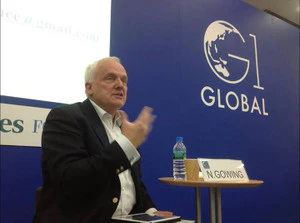
G1グローバルの最初の全体会は、林芳正大臣による15分間のスピーチだ。流暢な英語で喋り始めた。「外は台風だが、ここにいるメンバーは台風より強い」。
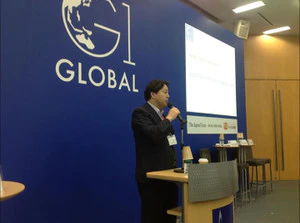
その後のパネルは、林大臣に加えて、ロバート・フェルドマン氏、そして僕だ。
全体会の後は分科会。まずは「エネルギー安全保障」だ。パネリストは、田中伸男 前国際エネルギー機関(IEA)事務局長、川口順子 元外務大臣、CLSAのニコラス・スミス氏。モデレータは、環境省国際調整官として気候変動交渉に携わってきた島田久仁彦さんだ。
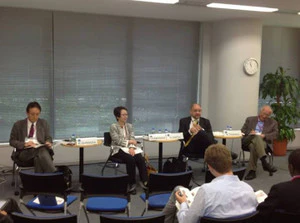
田中前IEA事務局長が、専門家として圧倒的な存在感を出していた。
「米国にシェールガスがあり、中国には石炭があり、ロシアには天然ガスがあり、欧州には石炭や集団的エネルギー保障体制がある。日本がどうやってそれらの諸国と、原発無しで戦えるのか? 現実的に考える必要がある。シリア情勢などによっては、日本が90%のエネルギーを依存する湾岸諸国にも影響を及ぼすことになる。リスクを克服して原発を使っていかないと、経済が立ち行かなくなる。そのことを国民に説得する必要がある。IEAの調査によると、日本が原発無しになった場合、中国の3倍の電力コストになるとの試算が出た」(田中前IEA事務局長)
「1)原発にはリスクがある。だが、「原発無しの日本」のリスクの方が大きい。そのことを国民に説得する必要がある。 2)再処理を含めて新しい原子力循環システムを考える必要がある。使用済み核燃料は、エネルギーの源だ。韓国には再処理が許されてない」「原発が必要だ。それには多くの理由があるからだ、とキチンと説明すべきだ。『日本は、原発を失うと二流国になる』とアメリカの国際政治学者ジョセフ・ナイが言った。原発の技術は地政学的に重要だ。福島原発事故前はこの議論はタブーだったが、今は逆に議論しやすい環境ができた」(田中前IEA事務局長)
「原発の近隣地域は、基本的に原発に賛成だ。雇用が生まれているからだ。一方、都市部の住民は、原発に反対している。最も恩恵を受けているのにもかかわらず、だ。しっかりとした国民への説明が重要だ。原発はクリーンエネルギーだから強く勧めたい」(川口順子 元外務大臣)
次の分科会セッションで、僕が参加したのは、「東アジアの地政学」だ。このセッションでは、内閣審議官の谷口智彦さんが、日本の立場を明確に主張していた。
「日本の経済規模は、ドイツと英国を足した以上の大きさだ。だから日本の経済成長が重要だ。日中関係、日韓関係も当然重要だ。安倍総理の外交軌跡を見ていると、とてもグローバルだ。TICADでアフリカの首脳と会った。これは外交の選択肢を得るため、そして経済的理由からだ」
「米国のリバランス政策によって、日本の豪州、シンガポール、タイ、インド、フィリピンなどとの関係が重要になった。海が無いサウジアラビアと海洋契約を結ぶほどだ。日中関係が悪化しても、日本経済は成長している。過去においては日中関係の悪化に伴い経済も影響を受けたが、今は影響は軽微だ」
「戦後日本は平和外交をしてきた。一発も鉄砲を打っていない。だが、日本は1930年代のイメージで語られることが多い」
モデレータによる会場への質問。「今の日本の外交に不安を思う人は?」。手を挙げたのは、たった3人。多くの人は日本の外交に安心感を持っている。
ここまでツイッターで呟いてきたが、「地政学のセッションは、オフレコだ」、と注意をされたので、ここからのつぶやきを止めることになった。(主催者として知っておくべきことであろうが……)。残念。でも、パネルはめちゃくちゃ面白い。
こんなに英語のセッションが面白いとは、予想していなかった。僕はエネルギーそして地政学のセッションに参加したが、他の分科会もとても面白かったとのフィードバックを得ている。次は3つ目の分科会、クール・ジャパンのセッションに参加する。
ちなみに分科会セッションは、 以下の通り同時に3会場で開催されていた。
◆10:45 – 12:00
Breakout Session I <A>
Global Entrepreneurship
Panelists:
Fujiyo Ishiguro (President & CEO, Netyear Group Corporation)
Ryo Kubota (Chairman, Prsident & CEO, Acucela Inc.)
Jiren Liu (Chairman and Chief Executive Officer, Neusoft Corporation)
Dongsik Yoo (CEO, Zionex, Inc.)
Moderator:
Allen Miner (Chairman and CEO, SunBridge Group)
Breakout Session I <B>
Energy Security after Fukushima
Panelists:
Yoriko Kawaguchi (Visiting Professor, Meiji Institute for Global Affairs)
Nicholas Smith (Strategist, CLSA Asia-Pacific Markets)
Nobuo Tanaka (Global Associate for Energy Security and Sustainability, Institute of Energy Economics, Japan)
Moderator:
Kunihiko Shimada (CEO, KS International Strategies, Inc.; Special Advisor to the Minister, Ministry of the Environment)
Breakout Session I <C>
Gender and Economic Growth in Japan
Panelists:
Georges Desvaux (Managing Partner, McKinsey Japan)
Kathy Matsui (Managing Director, Chief Japan Equity Strategist, Global Investment Research, Goldman Sachs Japan Co., Ltd.)
Akira Tsuchiya (Executive Director, Head of Japan, World Economic Forum)
Special Contributor:
Etsuko May Okajima (Chief Executive Officer, ProNova Inc.,)
Moderator:
Hiroko Kuniya (Anchor, NHK-TV)
◆13:00 – 14:15
Breakout Session II <A>
Monetary Policy of “Abenomics”: Overview and Impact
Panelists:
Shawn D Baldwin (Chairman, Capital Management Group)
Jesper Koll (Managing Director and Head of Japanese Equity Research, JP Morgan Securities Japan)
Oki Matsumoto (Chairman & CEO, Monex Goup, Inc.)
Thierry Porte (Managing Director, J.C. Flowers & Co. LLC)
Moderator:
Hiromichi Mizuno (Partner, Coller Capital)
Breakout Session II <B>
Africa and Japan: Business and Development Partnerships after TICAD V
Panelists:
Masaru Arakida (Senior Researcher, Asian Disaster Reduction Center)
George Krhoda (Associate Professor, Geography and Environment Studies, University of Nairobi;
Managing Director, REDPLAN Consultants Ltd.)
Satish Selvanathan (Director, Premium Nutrients Pte. Ltd.)
Moderator:
Satoru Nishikawa (Director-General of Audit, Japan Water Agency)
Breakout Session II <C>
Geopolitics in East Asia
Panelists:
Glen S. Fukushima (Senior Fellow, Center for American Progress)
Moon Chung-in (Professor of Political Science, Yonsei University; Editor-in-chief, Global Asia)
Tomohiko Taniguchi (Councillor, Prime Minister’s Office)
Moderator:
Dan Slater (Director, Delphi Network)
◆14:30 – 15:45
Breakout Session III <A>
Politics in Japan: the July Election and after
Panelists:
Keiichiro Asao (Member of the House of Representatives; Secretary-General, Your Party)
Michael Cucek (Author, Shisaku Blog; Research Associate, M.I.T. Center for International Studies)
Taro Kono (Member of the House of Representatives)
Moderator:
Jonathan Soble (Tokyo Bureau Chief, Financial Times)
Breakout Session III <B>
ASEAN and India: Making the most of business opportunities
Panelists:
Vachara Phanchet (Chairman Emeritus, Pacific Basin Economic Council)
Ted Tan (Deputy Chief Executive, SPRING Singapore)
Sanjeev Sinha (President, Sun and Sands Group)
Moderator:
Yoko Ishikura (Professor, Graduate School of Media Design, Keio University)
Breakout Session III <C>
Cool Japan
Panelists:
Misha Janette (Fashion Director/Journalist/Blogger)
Naomitsu Kodaka (Co-Founder & CFO, Tokyo Otaku Mode Inc.)
Fumio Nanjo (Director, Mori Art Museum)
Moderator:
Takaaki Umezawa (Director of the Board; Managing Director Japan, A.T. Kearney )
いよいよG1グローバルの最後の全体セッション、テーマは、「政治とビジネスへの信頼度」だ。パネリストは、エデルマン社のリチャード・エデルマン氏、塩崎恭久元内閣官房長官、コモンズ投信の渋澤健氏。そして、モデレータは、ニック・ガーウィング氏だ。
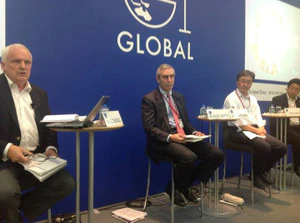
僕の挨拶と登壇者紹介でセッションが始まった。
「日本の記者クラブ制度は、止めるべきだ。もう既に古いシステムになっている。今は意味が無くなっている。Get rid of it!」
「CEOは、基本的にコントロールを手放すべきだ。日本では、以前は情報は2、3回聞けば納得したのが、震災後は4、5回聞かなければ納得しなくなった。CEOはそれだけ多くの回数のメッセージを出すことはできない。だから他の人々に権限を委ね、伝えてもらうべきだ」(リチャード・エデルマン氏)
「東電の問題は、前安倍政権での年金の記録喪失問題に似ている。東電の場合も、垂直でなくて水平的に解決すべきであろう。官邸、東電ばかりでなく、国際機関を巻き込み、透明化すべきであろう」(塩崎元官房長官)
「Trustは漢字では、人の言(信)と書く。信が少ないのは、コミュニケーションが足りないのだと思う。道端で財布を落とした時にその財布が戻ってくる可能性は、日本が世界で一番高いだろう。なぜ個人への信頼は高いのに、リーダーへは低いのだろうか。やはり日本の教育に問題があるからだ」(渋澤健氏)
そして、フィナーレへ。僕のクロージングのスピーチの番だ。以下がスピーチメモだ。
Typhoon, but luckily it went away.
I have been so excited at this year’s G1 Global.
100% English Conference is such an exciting idea. I have been amazed at
1) The variety of speaker nationalities; over 14.
2) The insight into various topics
3) Capability of Japanese speakers to be vocal about various topics in English
One of the purposes of G1 Global is to make Japanese people more global. I feel that it has been successful in that regard, as well.
Thanks to the media sponsors as well as V-CUBE for helping us
We will have the following G1 Events.
G1 Executive inviting CEOs, November 4th 2013
G1 Kyushu & Okinawa @Fukuoka, February 15-16th 2014
G1 Summit in March 2014
I believe this is the best way to discuss the future of Japan, Asia and the World.
Let’s enjoy Dinner Reception. Thank you!
そしてディナー・レセプションでは、数多くの参加者から、”Good Job!”とのお褒めの言葉をもらった。「今回のG1グローバルは、大成功だった」と言える。登壇者の皆さま、ご参加いただいた皆さま、globis.tv で視聴頂いた皆さん全員に感謝を申し上げたい。世界14カ国から集ったスピーカーは、圧巻だった。
G1 グローバルで何よりも感心したのが、日本人が堂々と英語で徹底的に議論をしている姿だ。もの凄く優秀な日本人がいることに、本当に感銘を受けた。特に政治家や政府内で働いている方々からは、国を引っ張っているのだという気概を感じた。
渋澤さんが、G1グローバルに関するブログを早速執筆してくれた。
http://fb.me/12RRZ1eSF
また、早速Japan Timesの記事になっていました。いい感じだ。
また来年9月のG1グローバルで会いましょう。(^^)/
2013年9月26日
石垣島の空港にて執筆
堀義人



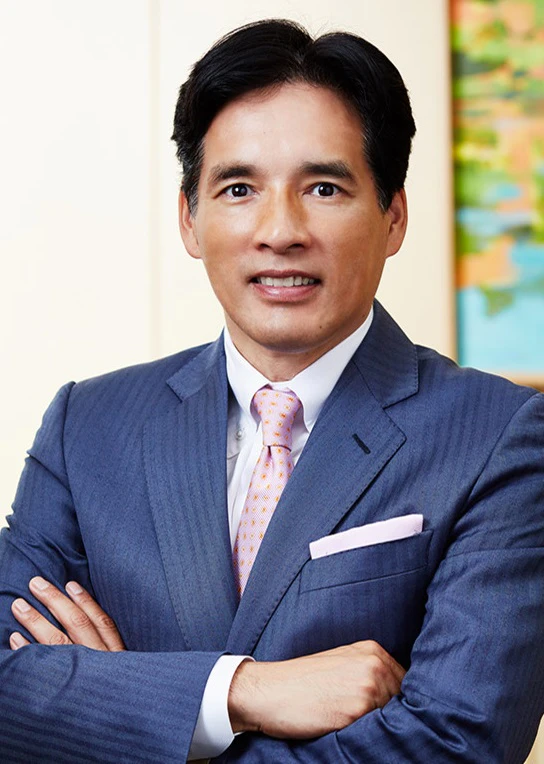

















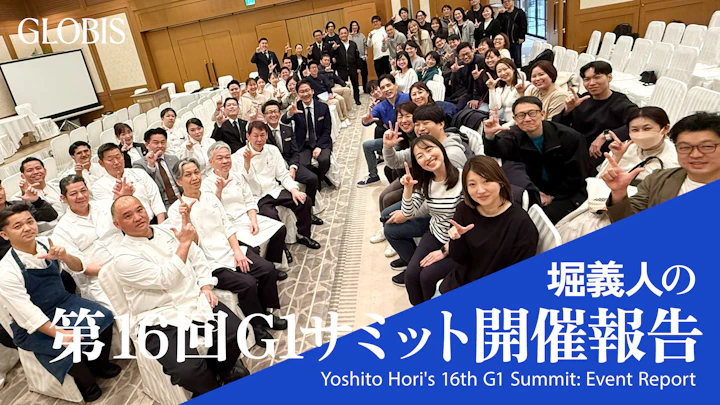
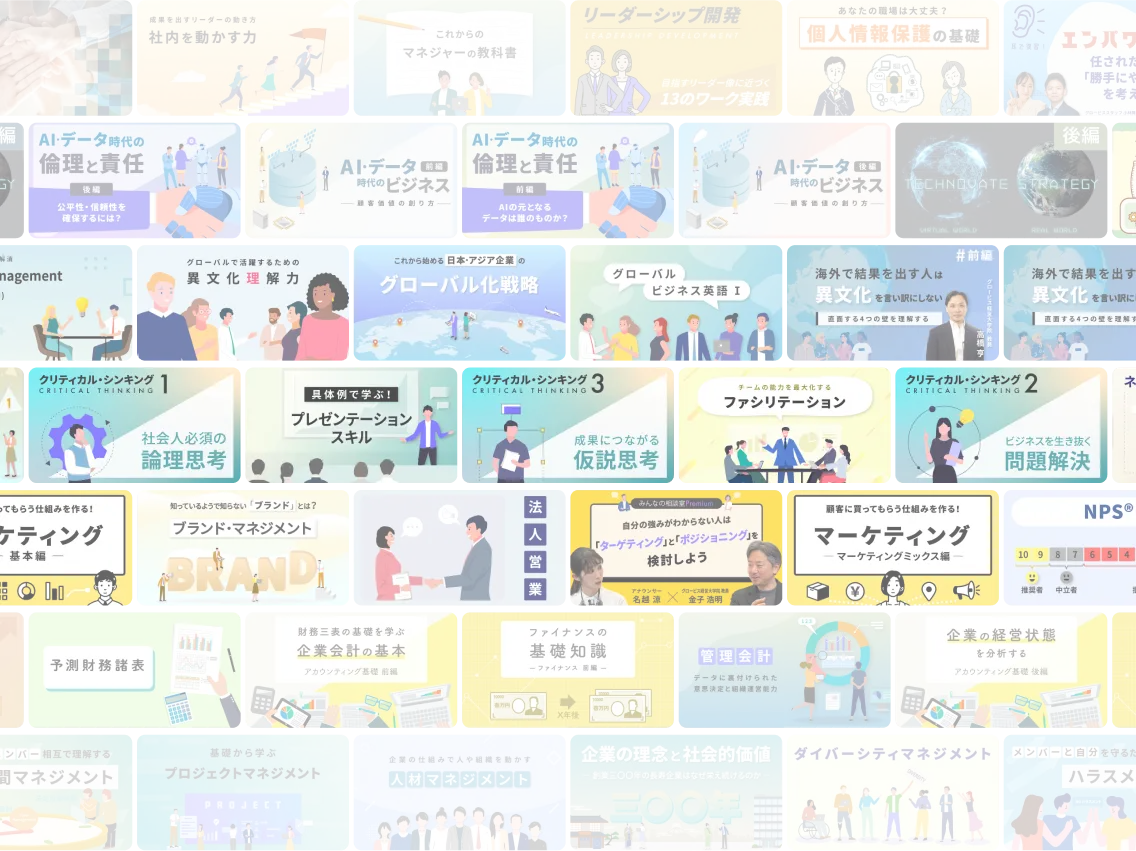
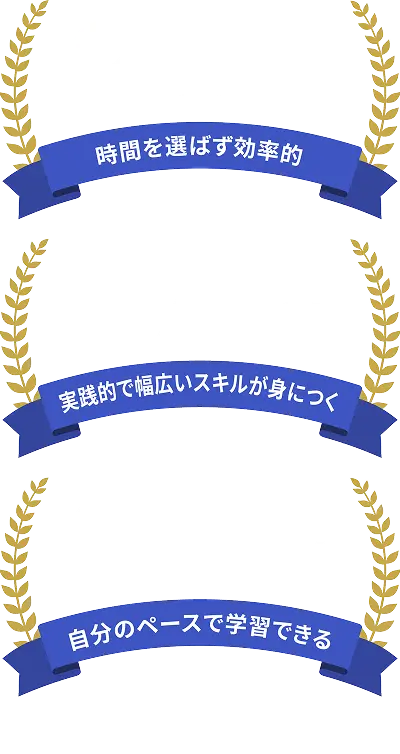

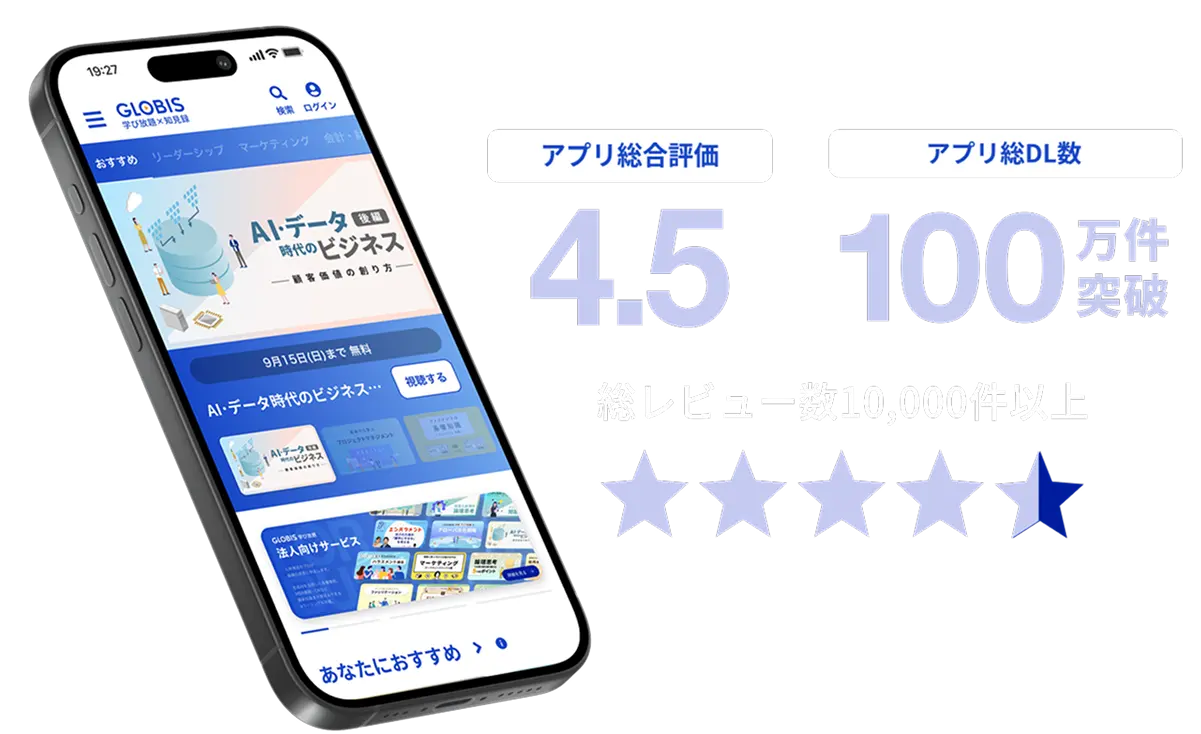






.jpg?fm=webp&fit=clip&w=720)
